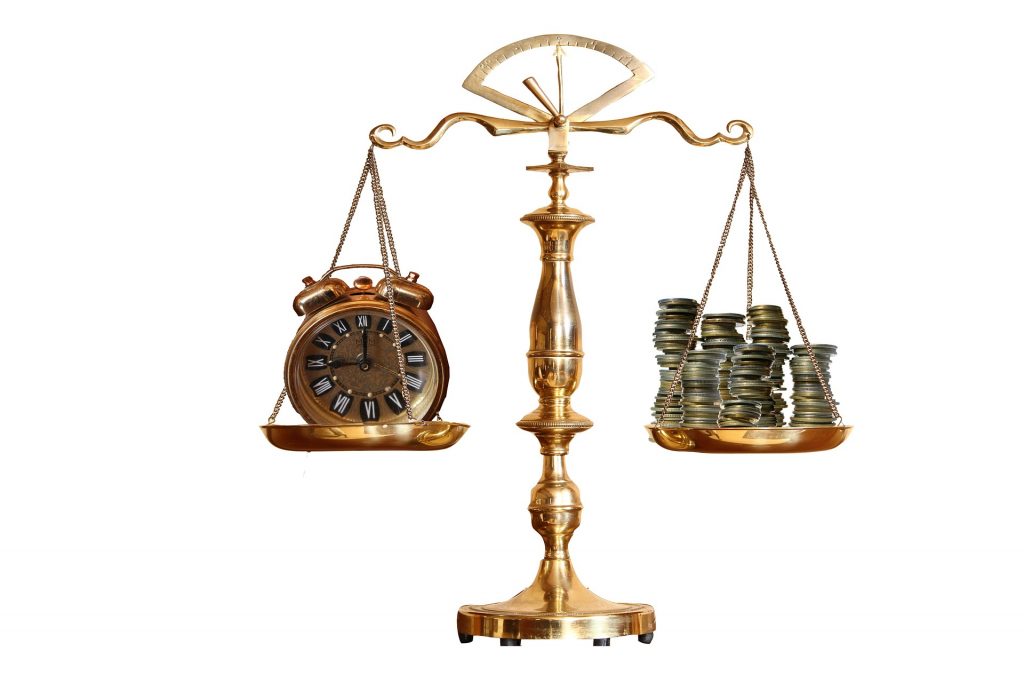 Arbitration is a matter of contract. Parties to an arbitration agreement contract on matters they agree to submit to arbitration. That agreement defines the extent to which the parties are subject to the authority of arbitrator, and such authority corresponds to the boundaries set in the agreement. This case is an example of an attempt to enlarge those boundaries and of the consequences of such attempt.
Arbitration is a matter of contract. Parties to an arbitration agreement contract on matters they agree to submit to arbitration. That agreement defines the extent to which the parties are subject to the authority of arbitrator, and such authority corresponds to the boundaries set in the agreement. This case is an example of an attempt to enlarge those boundaries and of the consequences of such attempt.
Jacob Chandler sued his business partner in East Baton Rouge and decided to hire attorney Preis Gordon to represent him. They entered into a written agreement that had a “Fee Contract,” which contained an arbitration clause. Soon after the completion of the lawsuit for which Chandler hired Gordon, it was Gordon who filed a petition in the East Baton Rouge Parish District Court against Chandler seeking a payment of legal fees. Soon the matter was directed to an arbitrator, in accordance with the arbitration clause in the agreement. The arbitrator denied Gordon his claims for legal fees and awarded attorney and expert witness fees totaling altogether almost $43,000 to Chandler.
Chandler contended that Section 10 of the Fee Contract provided the basis for arbitrator’s award. In particular, it that “Client further agrees that any award by arbitrator shall include the costs and expenses of the arbitration, including attorneys’ fees actually incurred.” Based on this, the arbitrator awarded Chandler attorney fees, finding that the Fee Contract provided for prevailing party to recover attorney fees.
The District Court agreed with the arbitrator, denying Gordon’s petition to vacate the arbitration award. Further, the District Court imposed Gordon with additional attorney fees and court costs of over $7,000 associated with the arbitration award confirmation. Gordon, unsurprisingly, challenged the ruling of both the arbitrator and the District Court. He contended that there was no basis in the fee agreement enabling the arbitrator to award attorney fees to his former client. The Louisiana First Circuit Court of Appeal undertook the appeal.
Arbitration awards are normally affirmed by the courts, because judges are not entitled to substitute the arbitrator’s judgment for theirs. In Louisiana, one such ground provided by the legislature is the exceeding of power by the arbitrator resulting in an absence of a mutual, final, and definite award upon the subject matter. La. R.S.9:4210. The court may either modify or correct the arbitration award if it was made upon a matter that was not submitted to arbitration by the parties. La. R.S.9:4211. The reason is that a party shall not be required to involuntarily submit issues to arbitration. The agreement between the parties defines the boundaries of arbitrator’s authority. Consequently, the arbitration award shall be consistent with the arbitration agreement—resolving issues that are submitted to arbitration. AT&T Technologies, Inc. v. Communications Workers of America, 475 U.S. 643, 648-49 (1986).
On appeal, the Court found that a careful reading of the text in the Fee Contract revealed that Gordon did not agree to submit to arbitration the issue involving attorney fees to be awarded to Chandler. Thus, by awarding attorney fees to Chandler the arbitrator went beyond his powers, including in the scope of his powers a matter not submitted to arbitration, especially since there was no state statute supporting the award either. The Court vacated the district court judgment to the extent it awarded attorney fees to Chandler, and even charged Chandler with the costs of proceeding in the Court of Appeal.
This case is an important reminder that an experienced attorney can not only help you with a legal issue if it presents itself, but also how having a good attorney can prevent unwanted arbitration clause provisions by carefully reading over a business contract.
Additional Sources: Preis Gordon, APLC versus Jacob Chandler and Great South Holdings
Written by Berniard Law Firm Blog Writer: Vartan Ramazyan
Additional Berniard Law Firm Articles on Judicial Reviews of Arbitration Awards: What Authority, If Any, Do Courts of Law Have In Reviewing Arbitration Awards?
 Louisiana Personal Injury Lawyer Blog
Louisiana Personal Injury Lawyer Blog

